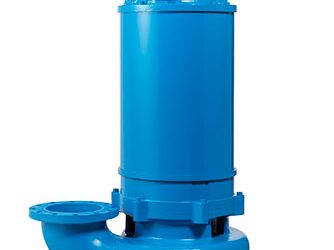The custom cable assemblies require special cables with metallic conduction for carrying the electrical load throughout the products’ lifespan. In case a wrong conductor is installed in the custom cable assembly, it can result in oxidation and corrosion. In addition, conductors made from a low-quality material can simply break down. For this reason, it’s important to select the right conductors.
Materials
Choosing the right material for conductors is important to ensure maximum electrical conductivity. Generally, gold, copper, and silver have more conduction as compared to bronze, brass, aluminum, nickel, and zinc. In addition, bare copper delivers more electric conductivity as compared to tinned copper. The custom cable assembly installed in humid surroundings and around saltwater is prone to corrosion. In such environments, tinned copper makes a more suitable option.
On the other hand, if conductors have to be installed in high-temperature surroundings, it’s best to ask custom cable assembly manufacturers for nickel-plated copper conductors because they have higher oxidation resistance. Lastly, silver is the most conductive option, but it can be extremely expensive.
Solid Conductors Vs. Stranded Conductors
The solid conductors are designed with a single metallic core while stranded conductors have multiple thin wires twisted together to work as one large conductor. The stranded conductors tend to be more expensive, but they are easier to install as well as being more flexible and durable. On the other hand, the solid conductors are affordable but have a rugged design. Also, the solid conductors work better for preventing electronic interferences and static charges.

